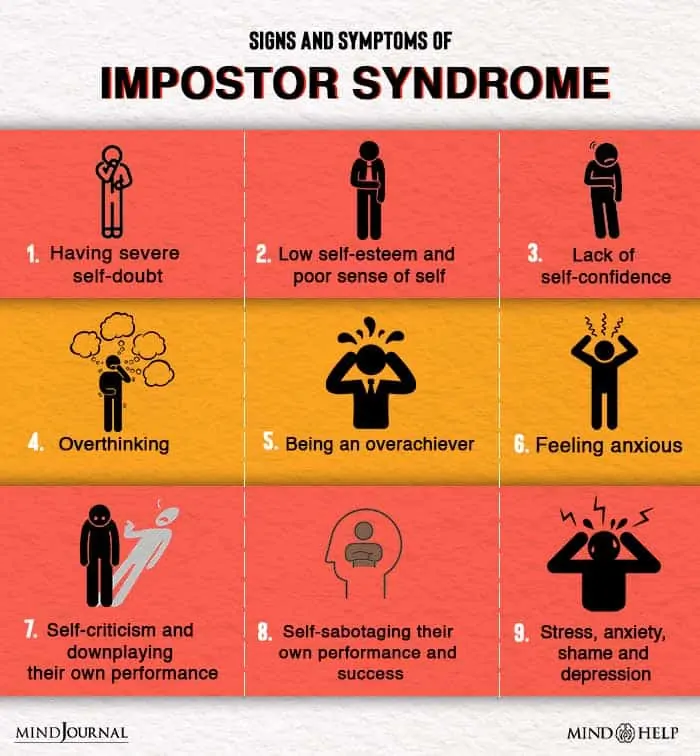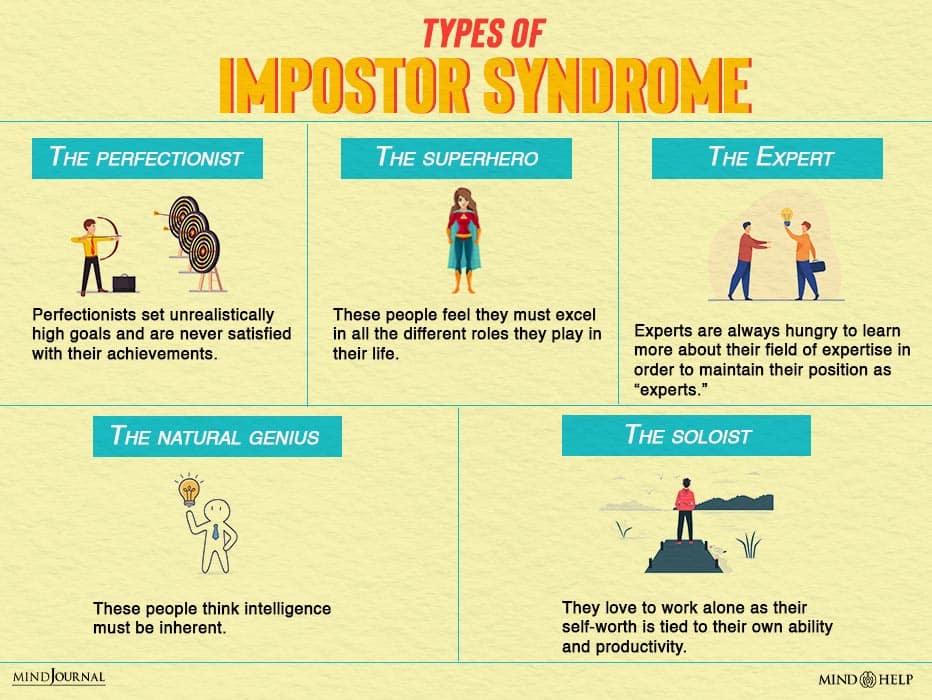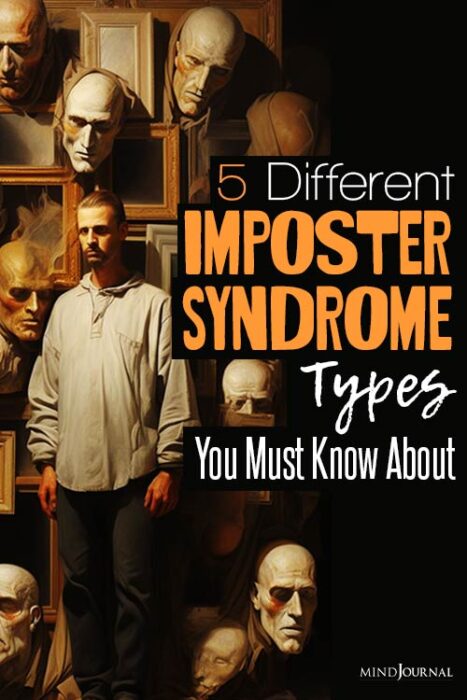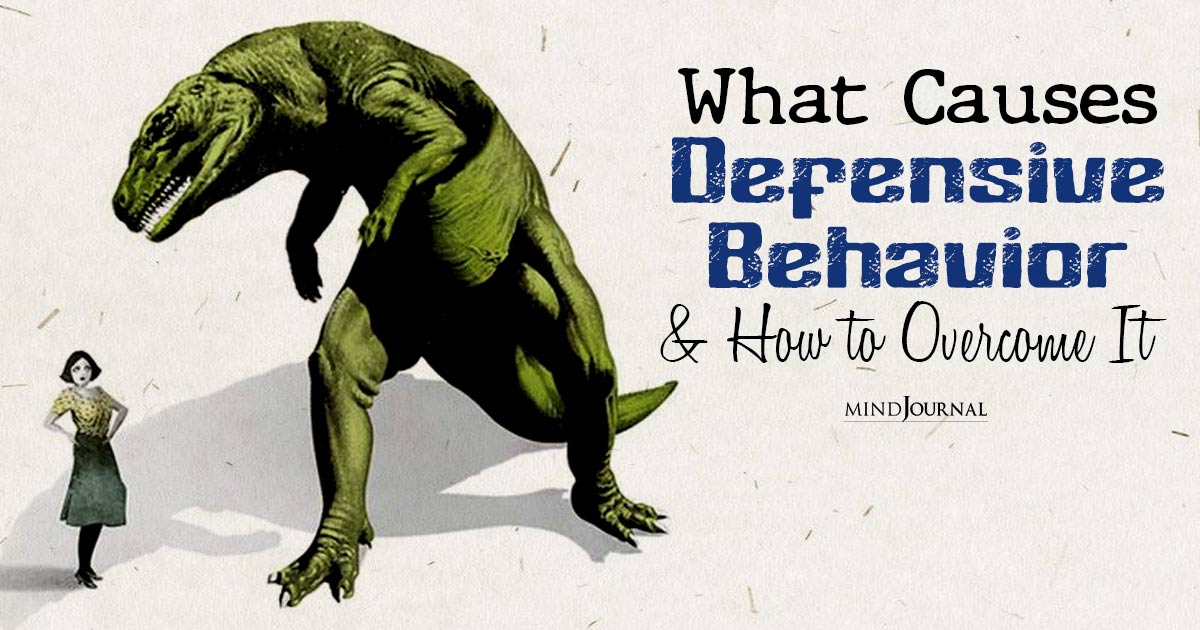Have you ever felt like a fraud, doubting your accomplishments and fearing that others will expose you as a fake? If so, you may be experiencing a common phenomenon known as imposter syndrome. Let’s explore the 5 imposter syndrome types so that you can be more aware and work on improving yourself.
What Is Imposter Syndrome?
Imposter syndrome meaning: Imposter syndrome is a psychological phenomenon characterized by persistent feelings of self-doubt and a fear of being exposed as a fraud, despite evidence of one’s competence and accomplishments.
It is a deeply ingrained belief that one’s achievements are a result of luck or external factors rather than one’s own abilities and efforts.
At its core, imposter syndrome stems from a distorted perception of one’s self-worth. Those experiencing imposter syndrome often dismiss their accomplishments as mere flukes, believing that they are not truly deserving of their success. They may attribute their achievements to factors such as timing, connections, or even a mistake in judgment by others.
According to imposter syndrome meaning, it can manifest in various areas of life, including education, work, relationships, and personal achievements. Regardless of external validation or recognition, individuals experiencing imposter syndrome struggle to internalize their accomplishments and often downplay their abilities.
Related: Why Successful, Confident People Still Feel Inferior Or Incapable
Understanding Imposter Syndrome
Imposter syndrome is an internal experience of believing that you are not as competent or capable as others perceive you to be. It is characterized by persistent feelings of self-doubt, fear of being exposed as a fraud, and an inability to internalize one’s achievements.
Despite external evidence of success, individuals with imposter syndrome often attribute their accomplishments to luck, timing, or other external factors rather than their own abilities.
For instance, in the 2016 film “La La Land”, the character of Mia Dolan, portrayed by Emma Stone, experiences self-doubt and struggles with feelings of inadequacy as she pursues her dream of becoming an actress. This is a classic representation of imposter syndrome, where individuals question their own abilities and feel like they don’t deserve their successes.
It is important to note that imposter syndrome is not limited to any specific demographic or level of success. It can affect people from all walks of life, including high-achieving professionals, students, artists, and entrepreneurs.
Recognizing and addressing imposter syndrome is crucial for personal growth and well-being. By challenging negative self-beliefs, seeking support from others, and reframing thoughts and self-perceptions, individuals can begin to overcome imposter syndrome.
Now that we know what is imposter syndrome, let’s explore its symptoms and the common imposter syndrome types.
Imposter Syndrome Symptoms

Recognizing the signs and symptoms of imposter syndrome is the first step towards overcoming it. Some common imposter syndrome symptoms include:
1. Self-Doubt
Those experiencing imposter syndrome often doubt their own abilities and constantly question whether they are truly qualified for the tasks at hand.
2. Perfectionism
Striving for perfection becomes an obsession, as individuals feel the need to meet impossibly high standards to prove their worthiness.
3. Fear of Failure
There is an intense fear of making mistakes or failing, as it confirms their belief that they are not as competent as others perceive them to be.
4. Discounting Achievements
Individuals with imposter syndrome downplay their accomplishments, attributing them to luck or external factors rather than acknowledging their own skills and efforts. This is perhaps the most common imposter syndrome symptoms.
5. Overworking
Trying to compensate for perceived inadequacies, individuals may overwork themselves, constantly seeking validation through excessive effort and achievement.
Related: 6 Hacks For Battling Imposter Syndrome
5 Imposter Syndrome Types
Imposter syndrome can manifest in various ways, and understanding the 5 types of imposter syndrome can help you identify the specific challenges you face.

Let’s explore each type in detail:
1. The Perfectionist
Perfectionists set exceptionally high standards for themselves, striving for flawlessness in everything they do. They are highly critical of their own work and often feel inadequate, even when their achievements are recognized by others.
Perfectionists tend to be plagued by the fear of making mistakes or falling short of their own impossibly high expectations.
2. The Expert
Experts constantly seek to acquire more knowledge and skills, believing that they need to know everything before considering themselves competent. They are convinced that they will be exposed as frauds if they don’t possess all the answers.
Experts find it difficult to acknowledge their expertise and tend to underestimate their own abilities. This is among the most widely observed imposter syndrome types.
3. The Natural Genius
Natural geniuses believe that their success should come effortlessly and quickly. They set unrealistically high expectations for themselves and struggle when faced with challenges or the need for additional effort.
These individuals internalize their struggles as signs of incompetence rather than recognizing that learning and growth require time and perseverance. This is one of the basic 5 types of imposter syndrome.
4. The Soloist
Soloists prefer to work alone, feeling they must accomplish tasks entirely on their own to prove their worth. They have difficulty asking for help or collaborating with others, fearing that it will expose their perceived inadequacies.
Soloists often struggle with feelings of isolation and burnout due to their reluctance to seek support.
5. The Superhero
Superheroes feel the need to excel in every aspect of their lives, constantly juggling multiple roles and responsibilities. They strive for perfection not only in their professional endeavors but also in their personal lives.
Superheroes may feel overwhelmed by the pressure to maintain an image of invincibility, leading to exhaustion and a persistent fear of failure. This is one of the most common imposter syndrome types.
Takeaway
Imposter syndrome can affect anyone, regardless of their achievements or level of expertise. Recognizing the symptoms and understanding the different types of imposter syndrome is crucial in overcoming its debilitating effects.
Remember, you are not alone in this struggle, and by acknowledging your worth and embracing your accomplishments, you can break free from the clutches of imposter syndrome.
So, take a deep breath, believe in yourself, and let your true potential shine. You are capable, deserving, and so much more than an imposter.
Related: How To Overcome Imposter Syndrome? 9 Ways To Stop Doubting Yourself And Start Thriving
Frequently Asked Questions (FAQs):
What are the 5 types of imposter syndrome?
The five types of imposter syndrome are: Perfectionist, Superhero, Natural Genius, Soloist, and Expert. Each has distinct characteristics and challenges.
What are the 4 P’s of imposter syndrome?
The four P’s of imposter syndrome are Perfectionism, Procrastination, Pessimism, and Paralysis, which contribute to self-doubt and fear of failure.
What are the 3 C’s of imposter syndrome?
The three C’s of imposter syndrome are Comparison, Competition, and Criticism, reflecting common thought patterns that fuel feelings of inadequacy.









Leave a Reply
You must be logged in to post a comment.